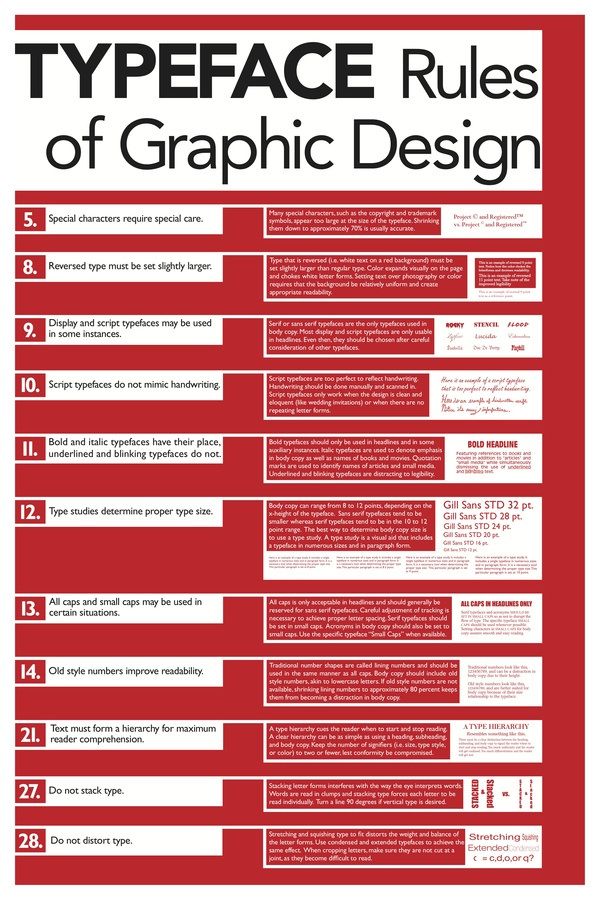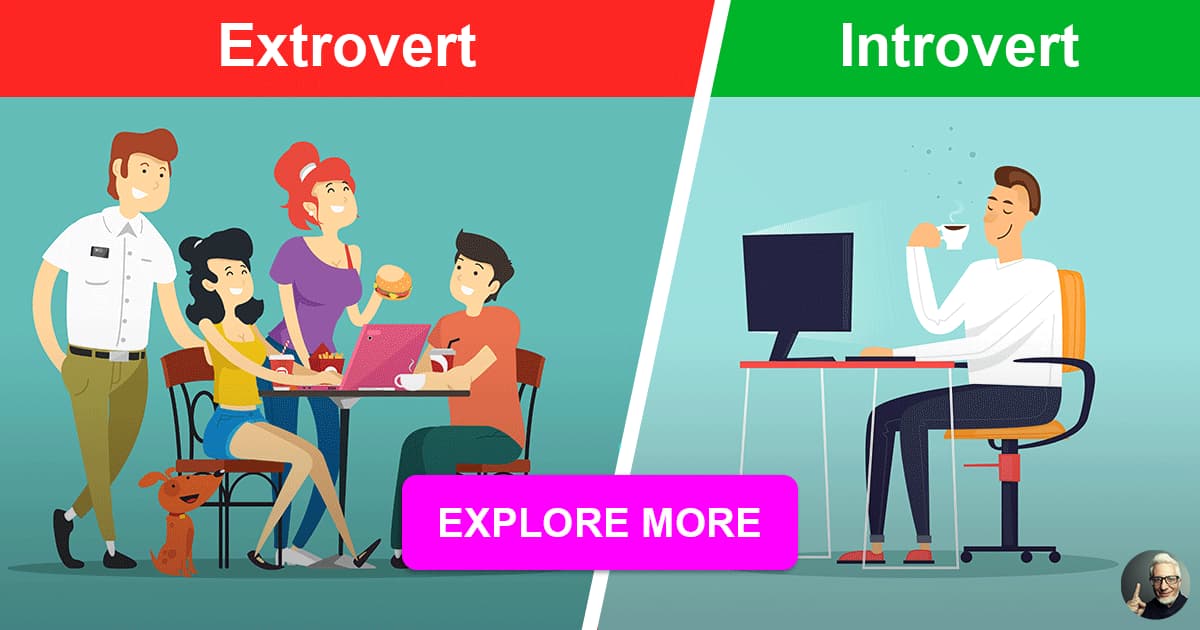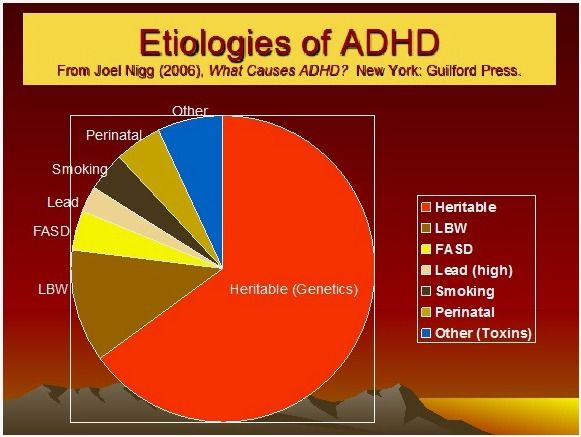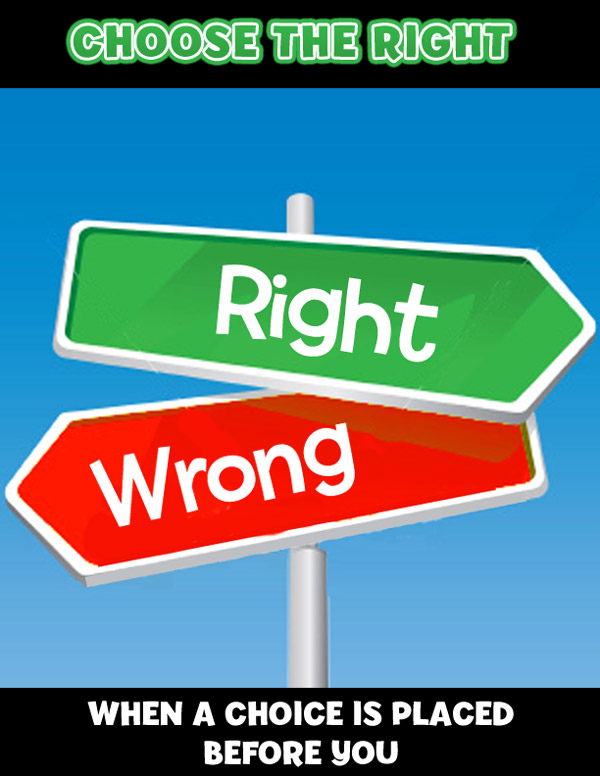Coping strategies for auditory hallucinations
Coping techniques: Auditory hallucinations | Peter Cashorali, LMFT
Please note that you should always consult with your physician before making any changes in your diet, your level of exercise and activity, medication or behaviors related to substance use.
The best way to make use of these techniques is to read through them, select three that stand out to you and practice them. I would be glad to hear from you on your responses.
- Go counter to the voices. If their content is derogatory or demeaning, act in ways that disprove that. This might mean honoring your commitments, treating others with compassion and respect, or taking good care of yourself. Consider that you are better than they say you are.
- Remind yourself that no one else can hear the voices, that they are a private phenomenon. For this reason it can be useful to think of them as “voice thoughts” rather than actual voices.
- Consider giving the voices a brief period each day at the same time—for instance from 3:00 to 3:10 each afternoon– to say what they need to say.
- Consider the content of the voices, the things they say to you or about you. What evidence in your life can you find in favor of this content? What evidence in your life can you find that contradicts this content? This simple act of reflection reframes the voices from something that acts on you into something on which you act.
- Reality testing can be very helpful. You can practice reality testing with a caregiver, partner, family member or close friend. This consists of telling the other person what the voices are saying, and then talking about how true or untrue that is.
- Remind yourself that the voices don’t know as much as they think they do.
- For instance, they might be extremely prejudiced in their comments. Or they might be wrong in their assumptions. Or simply making mistakes. Remind yourself that just because they’re talking doesn’t mean they’re right.
- Test the voices. Ask them a question whose answer you don’t know, such as an arithmetic problem, or the German word for “swimming pool.
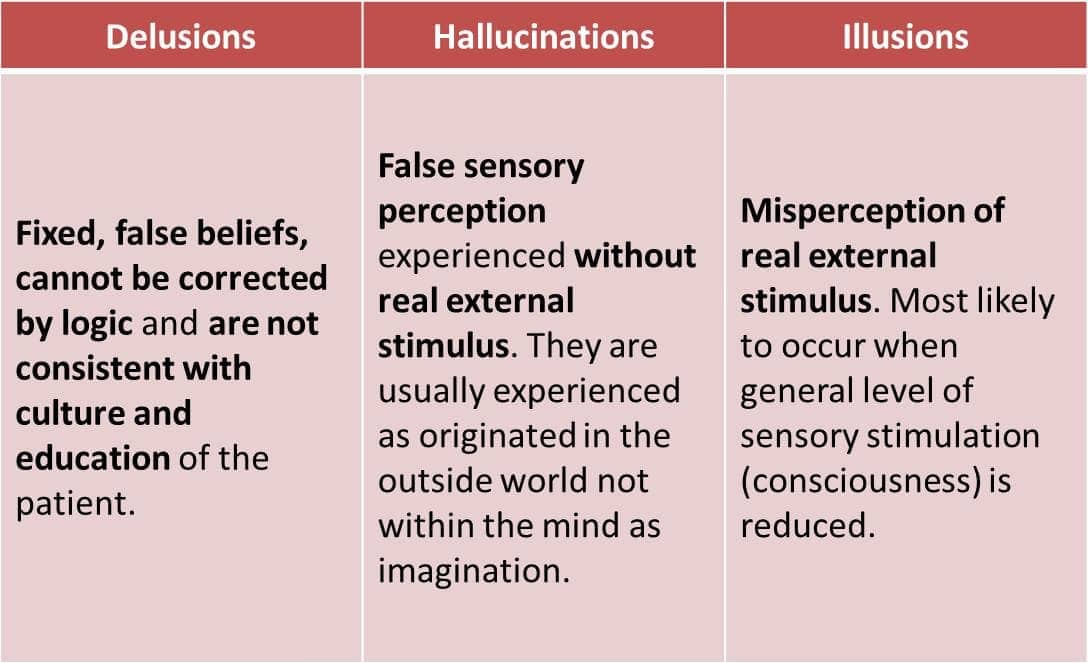 ” Notice that the voices don’t know anything that you yourself don’t know. Consider cultivating a healthy skepticism about what they say.
” Notice that the voices don’t know anything that you yourself don’t know. Consider cultivating a healthy skepticism about what they say. - Therefore, rather than what they’re saying, consider the possible meaning of the voices themselves. They might mean that you feel sad, or ashamed, or like you don’t matter much, or perhaps that you’re under a lot of pressure these days. If this is the case you might want to review the coping techniques for depression or shame or stress on this website.
- Consider keeping a journal of the voices and when you hear them. This will help you get a sense of what might trigger them in your life, so that you can plan for such events. For instance, if the voices are active when you’re under pressure, you can use this information to schedule your tasks so that they are spaced out and not so heavy.
- Distract yourself by changing what you’re doing. Consider talking, singing or humming to yourself, because your own voice can be very effective in blocking the voices.
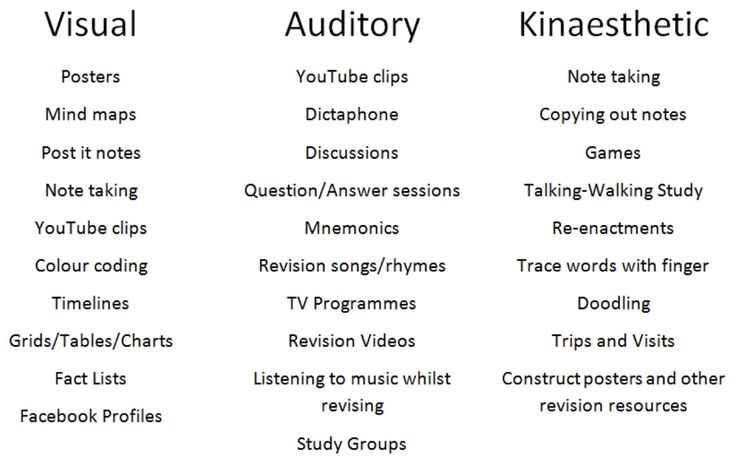 You might consider going for a walk, putting on some music and dancing or exercising or calling up a friend or family member. You can also pray, do a crossword or a jigsaw puzzle, play a computer game or do some light housework. As well you can read something backwards and out loud. Or you could read an inspirational book out loud to yourself, in order to hear an uplifting and comforting message.
You might consider going for a walk, putting on some music and dancing or exercising or calling up a friend or family member. You can also pray, do a crossword or a jigsaw puzzle, play a computer game or do some light housework. As well you can read something backwards and out loud. Or you could read an inspirational book out loud to yourself, in order to hear an uplifting and comforting message. - Listen to music through headphones. Try this with only one ear at a time—your right ear, if you’re right-handed, or your left if left-handed.
- Consider decreasing or even stopping the use of alcohol and recreational drugs, even marijuana, which have been linked to increased intensity of hearing voices.
Consider the possibility of consulting with your doctor about neuroleptic medication. These can be highly effective in decreasing voices, and are comparable in their effectiveness to the way penicillin is in treating pneumonia.
Like this:
Like Loading.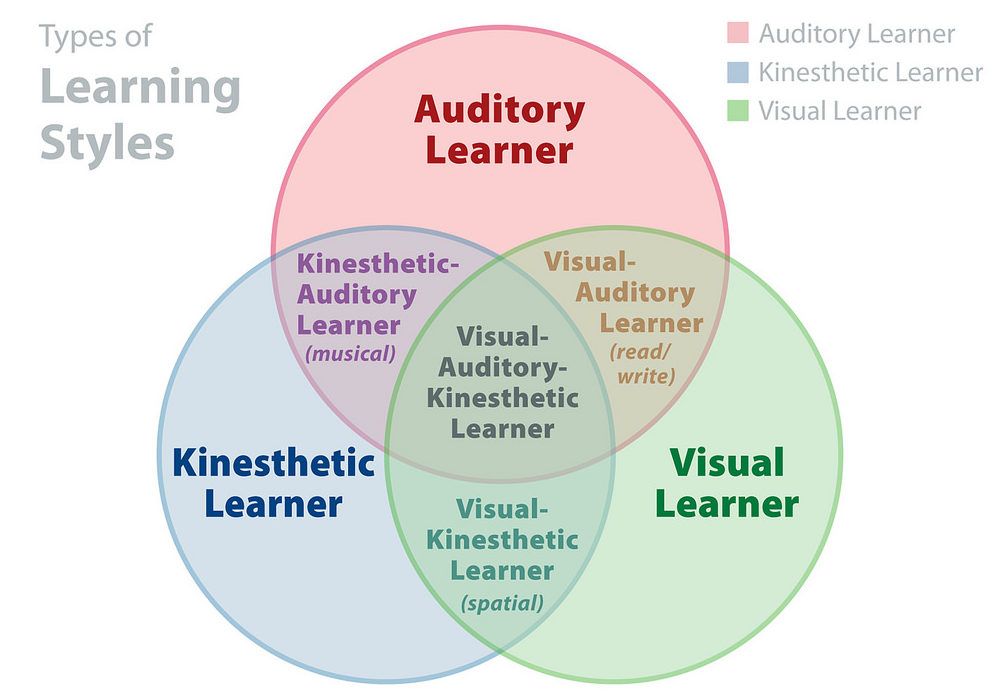 ..
..
Schizophrenia: Coping With Delusions and Hallucinations
Source: Pixabay
[Article revised on 4 May 2020.]
The symptoms of schizophrenia are manifold, and present in such a variety of combinations and severities that it is impossible to describe a "typical case" of schizophrenia.
Positive symptoms
The so-called "positive symptoms" of schizophrenia consist of psychotic phenomena (hallucinations and delusions), which are usually as real to the schizophrenia sufferer as they are unreal to everybody else.
Positive symptoms are usually considered to be the hallmark of schizophrenia and are often most prominent in the early stages of the illness. They can be provoked or aggravated by stressful situations, such as succumbing to a physical illness, breaking off a relationship, or leaving home to go to university.
Hallucinations
Psychiatrists define a hallucination as "a sense perception that arises in the absence of a stimulus.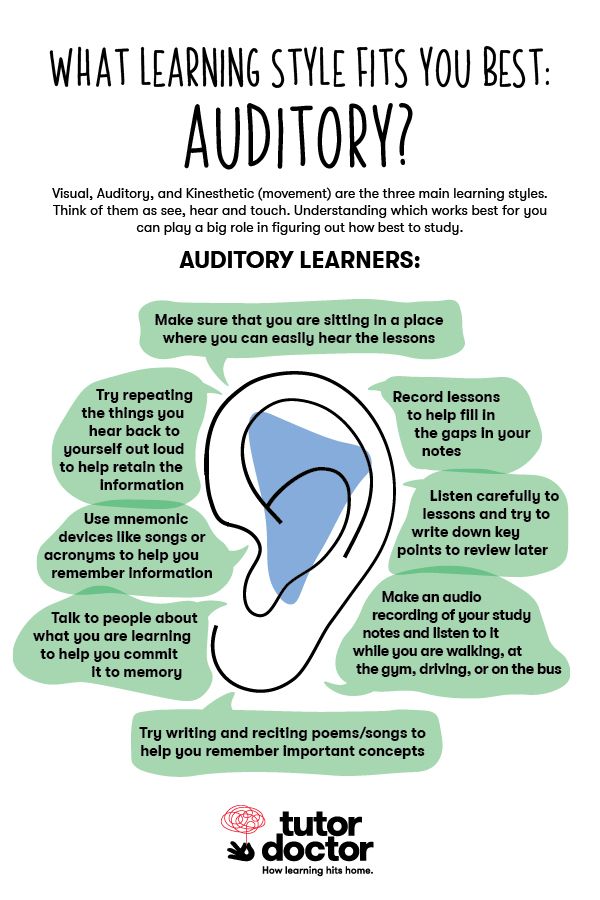 " Hallucinations involve hearing, seeing, smelling, tasting, or feeling things that are not actually there.
" Hallucinations involve hearing, seeing, smelling, tasting, or feeling things that are not actually there.
The most common hallucinations in schizophrenia are auditory hallucinations—hallucinations of sounds and voices. Voices can either speak to the schizophrenia sufferer (second-person, "you" voices) or about him (third-person, "he" voices).
Voices can be highly distressing, especially if they involve threats or abuse, or if they are loud and incessant. (Carers might begin to experience something of the distress of hearing voices by turning on both the radio and the television at the same time, both at full volume, and then trying to hold a normal conversation.)
On the other hand, some voices—such as the voices of old acquaintances, dead ancestors, or "guardian angels"—can be a source of comfort and reassurance rather than of distress.
Delusions
Delusions are defined as "strongly held beliefs that are not amenable to logic or persuasion and that are out of keeping with their holder's background.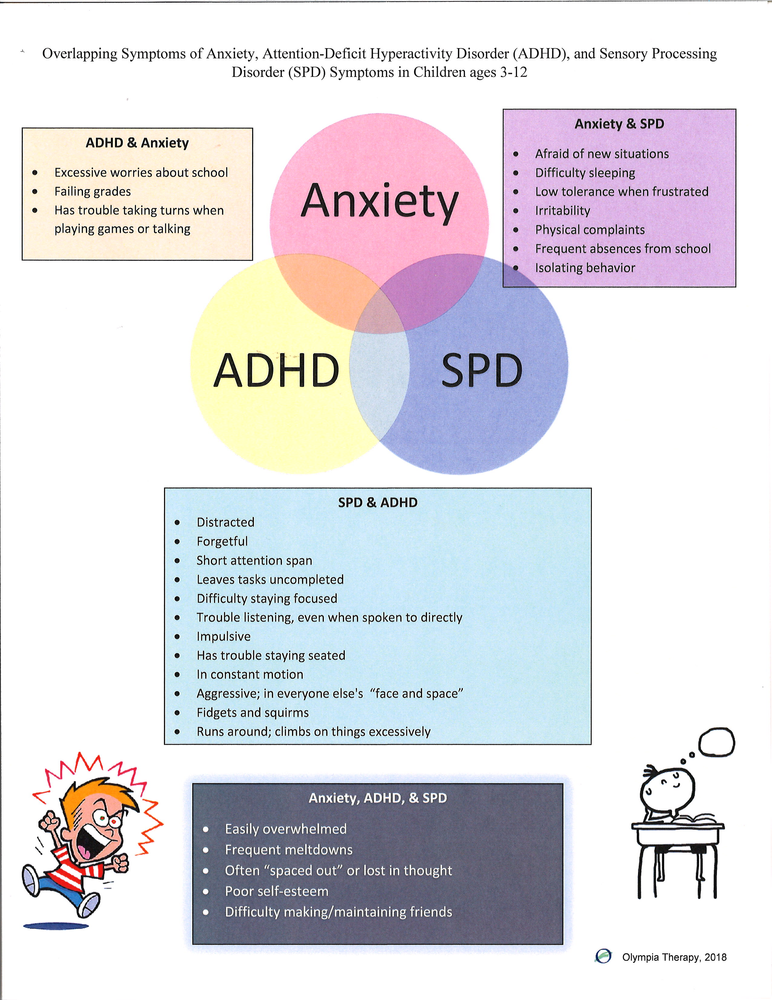 Although delusions need not necessarily be false, the process by which they are arrived at is usually bizarre and illogical. In schizophrenia, delusions are most often of being persecuted or controlled, although they can also follow a number of other themes.
Although delusions need not necessarily be false, the process by which they are arrived at is usually bizarre and illogical. In schizophrenia, delusions are most often of being persecuted or controlled, although they can also follow a number of other themes.
Positive symptoms correspond to the general public's idea of "madness," and people with prominent hallucinations or delusions may evoke fear and anxiety in others. Such feelings are often reinforced by selective reporting by the media of the rare headline tragedies involving people with (usually untreated) mental illness.
The reality is that the vast majority of schizophrenia sufferers are no more likely than the average person to pose a risk to others, but far more likely than the average person to pose a risk to themselves. For example, they may neglect their safety and personal care, or they may leave themselves open to emotional, physical, or financial exploitation.
How to deal with positive symptoms
For obvious reasons, there is little in the way of self-help that sufferers can do to address their delusions—other than, of course, engaging with their carers, care team, and treatment plan.
But there are some simple things that anyone can do to dampen, and maybe even banish, auditory hallucinations.
If you're assailed by voices, try out some or all of the following:
- Keep a diary of the voices to help identify and avoid the situations in which they arise.
- Identify a trusted person with whom to discuss the voices.
- Focus your attention on a distracting activity such as reading, singing, listening to music, gardening, or exercising.
- Talk back to the voices: Challenge them and insist that they go away.
- Manage your levels of stress and anxiety.
- Ensure that you are getting enough sleep.
- Avoid alcohol and recreational drugs.
- Take your medication as prescribed. If necessary, ask for a review of your medication.
Advice for carers
Psychotic symptoms can also be extremely distressing to carers.
Carers typically find themselves challenging their loved one's delusions and hallucinations, partly out of a desire to relieve their suffering, and partly out of understandable feelings of fear and helplessness.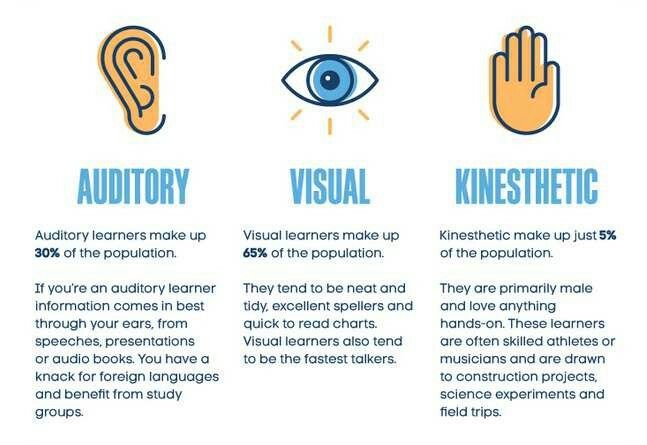 Unfortunately, this can be counterproductive, insofar as it can alienate the depression sufferer at the very time when they are most in need of care.
Unfortunately, this can be counterproductive, insofar as it can alienate the depression sufferer at the very time when they are most in need of care.
Difficult though this is, carers should remind themselves that their loved one's experiences are as real to them as they are unreal to everyone else.
A much more constructive/less confrontational approach for carers is to recognize that their loved one's psychotic symptoms are meaningful to them while making it clear that they themselves do not personally share in them.
For example:
"The devil told me that I'm to blame for everything that's happened."
"Are you hearing him now?"
"No, he's just stopped talking."
"What else did he say?"
"That I'm a very bad person and don't deserve to be looked after."
"Has he been telling you to harm yourself?"
"No, he hasn't, although I sometimes feel as though I should."
"Would you actually harm yourself?"
"No, no, of course not."
"Gosh, this all sounds terrifying. How are you feeling?"
How are you feeling?"
"I've never felt so frightened in all my life."
"I feel your pain, although I myself have never heard the devil you speak of."
"Didn't you hear him earlier on?"
"No, not at all. I've never heard or seen him."
"What about all the evil spirits?"
"No, I haven't heard them either, not at all. Have you tried ignoring all these voices?"
"If I listen to my iPod they don't seem so loud, and I can actually hear myself think."
"What about when we talk together, like now?"
"Yes, that's very helpful too. I feel much less frightened now."
Neel Burton is the author of The Meaning of Madness and other books.
Treatment of auditory hallucinations in St. Petersburg
- Main
- Psychiatry
- Treatment of hallucinations
- Auditory hallucinations
Auditory hallucinations (R44.0 according to ICD-10) are a symptom of certain somatic diseases, mental disorders, organic or intoxication damage to the brain. However, auditory hallucinations are also characteristic of healthy people: about 5-10% of the entire population of the planet at least once in their lives encountered this perceptual disorder. nine0013
If you experience auditory hallucinations, please make an appointment with a psychiatrist. Depending on the nature of the complaints, the doctor may prescribe treatment on the day of treatment or send for an examination in order to clarify the cause of the perception disorder.
Treatment of auditory hallucinations is carried out on an outpatient basis, if the person remains critical of his own condition and he does not pose a threat to himself or to others.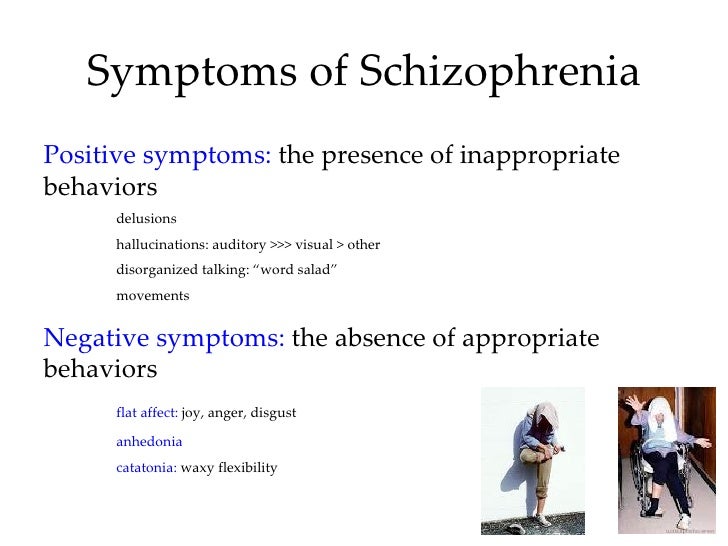 As a rule, auditory hallucinations cease to disturb within 2-3 weeks after the start of taking the prescribed drugs. In other cases (for example, with aggressive, suicidal or incomprehensible behavior), the treatment of auditory hallucinations must be carried out in a hospital. nine0013
As a rule, auditory hallucinations cease to disturb within 2-3 weeks after the start of taking the prescribed drugs. In other cases (for example, with aggressive, suicidal or incomprehensible behavior), the treatment of auditory hallucinations must be carried out in a hospital. nine0013
The pathology that causes auditory hallucinations can be treated by a psychiatrist or medical doctor (eg, neurologist or cardiologist). Among the mental disorders that cause auditory hallucinations, schizophrenia dominates (70% of all cases), bipolar disorder, depressive states, somatogenic psychoses, dementia; among the somatic ones - Alzheimer's disease, cardiovascular diseases, circulatory disorders in some parts of the brain.
Consultation with a doctor for the treatment of auditory hallucinations:
+7 (812) 407-18-00
Thank you for your trust!
- Anonymous consultation with a psychiatrist
- Accurate diagnosis of the causes of hallucinations
- Prevention of relapses
| Service | Price | |
|---|---|---|
| Psychiatric appointment | 5 000 ₽ | nine0045|
| Psychotherapist appointment | 5 000 ₽ | |
| Hypnotherapy | 8 000 ₽ | |
| Calling a doctor at home | 6 000 ₽ | |
| Treatment in a hospital | 8 900 ₽ |
Accurate diagnosis of the causes of hallucinations
In some cases, examination, neuro- and psychological testing may be sufficient to identify the cause of auditory hallucinations. However, it is important not to neglect the differential diagnosis, which is recommended to accurately determine the disease that causes a perceptual disorder and prescribe the necessary treatment. nine0013
However, it is important not to neglect the differential diagnosis, which is recommended to accurately determine the disease that causes a perceptual disorder and prescribe the necessary treatment. nine0013
Differential examination may include examinations by narrow specialists (cardiologist, neurologist, neuropsychiatrist) and diagnostics:
- electrocardiography;
- electroencephalography;
- MRI and/or CT.
Possible causes of auditory hallucinations
Auditory hallucinations rarely occur as an independent disease (may be caused by stress, overwork or lack of sleep). Typically, a perceptual disorder has a specific cause:
- wrong medication;
- abrupt withdrawal of alcohol with prolonged use;
- drug use, substance abuse;
- certain somatic diseases;
- certain mental disorders;
- hearing aid malfunction.
Self-medication with excess dosages, long courses and combinations of various drugs, typical of the elderly.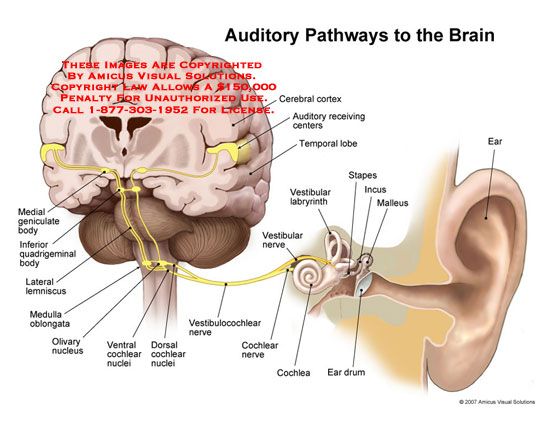 In this case, it is necessary to provide the doctor with a complete list of medications taken by the patient in order to adjust their intake. If the patient uses a hearing aid, the first step is to check its serviceability. nine0013
In this case, it is necessary to provide the doctor with a complete list of medications taken by the patient in order to adjust their intake. If the patient uses a hearing aid, the first step is to check its serviceability. nine0013
Psychogenic auditory hallucinations are the most common. They can be offensive, threatening, commentary or narrative. The latter are the most dangerous, as they often cause murder or suicide, and are a direct indication for hospitalization.
Treatment of auditory hallucinations in our clinic
Usually treatment of auditory hallucinations is prescribed on the same day as the visit to the psychiatrist. The doctor will listen to complaints, conduct an examination, draw up a course of treatment and prescribe the most suitable drug for you. Our doctors prescribe modern antipsychotics, which stop auditory hallucinations of a mental and physiological nature, in the minimum effective dosage, which reduces the risks of side effects to a minimum.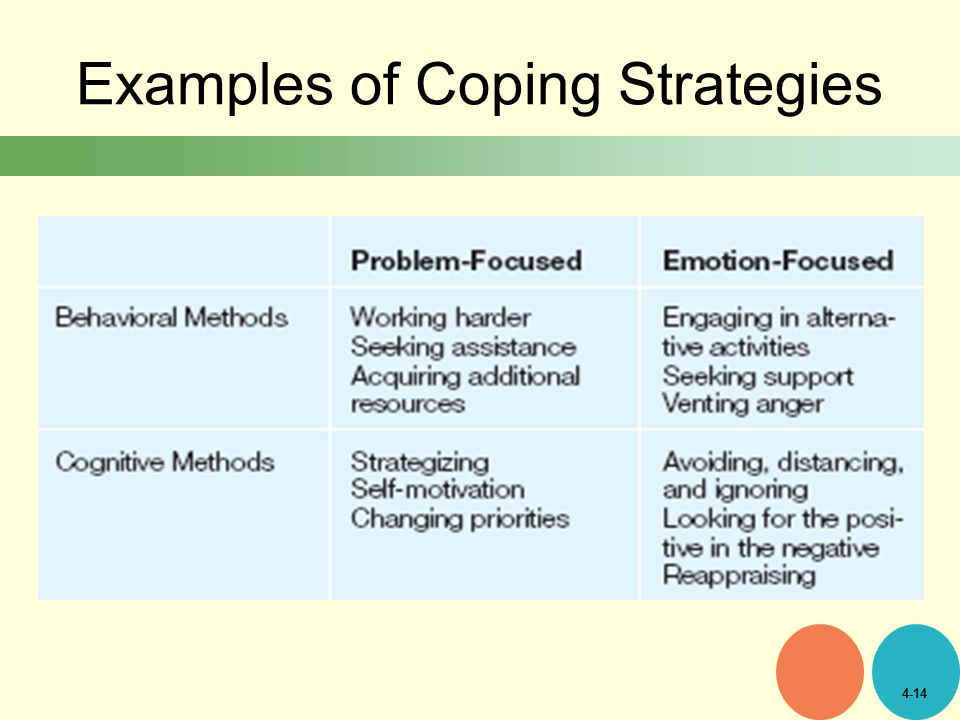 Such treatment of auditory hallucinations will allow you to lead a normal life, perform job duties and drive a car. nine0013
Such treatment of auditory hallucinations will allow you to lead a normal life, perform job duties and drive a car. nine0013
Treatment of auditory hallucinations in a hospital
When auditory hallucinations are a symptom of a severe mental illness (eg schizophrenia, bipolar disorder or chronic depression), hospitalization in a psychiatric hospital is required. The conditions of the hospital allow you to quickly remove an acute psychotic state, start treating the cause, reduce the time for selecting drugs and conduct dynamic monitoring of the state of health in order to promptly adjust the treatment.
Treatment of auditory hallucinations in the elderly
Depending on the cause, the treatment of auditory hallucinations in the elderly is carried out by psychiatrists, including involving cardiologists or neurologists. For example, if auditory hallucinations are caused by the irrational use of drugs (without a doctor's prescription or their long-term use without consulting the attending physician), it may be sufficient to adjust such treatment; if auditory hallucinations are a symptom of neurological or cardiovascular diseases, their treatment is prescribed in parallel.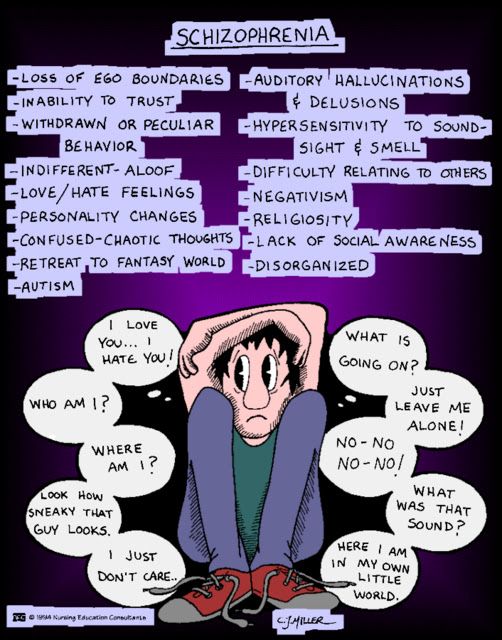 nine0013
nine0013
Treatment of auditory hallucinations in addicts
Auditory hallucinations may be caused by alcohol or drug intoxication. In this case, drug treatment is needed, including detoxification and intensive care in a hospital.
Inpatient treatment of auditory hallucinations in St. Petersburg is carried out at: st. Marata, 78. Hospitalization is carried out around the clock by our visiting doctors on an anonymous basis and without registration.
Prognosis for the treatment of auditory hallucinations
Sources
Persistent auditory hallucinations and treatment challenges - https://pubmed.ncbi.nlm.nih.gov
Age-related features of the sensory characteristics of hallucinations - https://psychiatr.ru
Hallucinations - https://www .webmd.com
Update date: 08/26/2022
- Depersonalization and derealization
- Suicidal behavior
- Anxiety disorder
Make an appointment
Date and time: (not set)
Make an appointment with a psychiatrist
Make an appointment with a psychiatrist
Select the date and time of your appointment
Today
January 02
Tomorrow
January 03
Wednesday
January 04
Thursday
05 January
Friday
06 January
Saturday
January 07
Sunday
January 08
Monday
09 January
Tuesday
January 10
Wednesday
January 11
Thursday
January 12
Friday
January 13
Saturday
January 14
Sunday
January 15
Monday
January 16
Tuesday
January 17
Wednesday
January 18
Thursday
nineteenJanuary
Friday
January 20
Saturday
January 21
Sunday
January 22
Monday
January 23
Tuesday
January 24
Wednesday
January 25
Thursday
January 26
Friday
January 27
Saturday
January 28
Sunday
January 29
Monday
January 30
Tuesday
January 31
Auditory hallucinations are treated
Bocharov Alexey
Viktorovich
Psychiatrist, psychotherapist
Head physician of clinic
Experience 41 years
Psychiatrist, psychotherapist, sexologist, child psychiatrist
Work experience 41 years
Sinenchenko Andrey
Georgievich
Psychiatrist, psychotherapist
PhD
Work experience 22 years
Psychiatrist, psychotherapist, narcologist
Work experience 22 years
Zun Sergey
Andreevich
Psychiatrist, narcologist
PhD
Work experience 33 years
Psychiatrist, narcologist, psychotherapist
Work experience 33 years
nine0012 Lisitsyna Elena Alekseevna Psychiatrist
Top category
Work experience 33 years
Psychiatrist
Work experience 33 years
Buchelnikova Victoria
Viktorovna
Psychiatrist
Head of amb.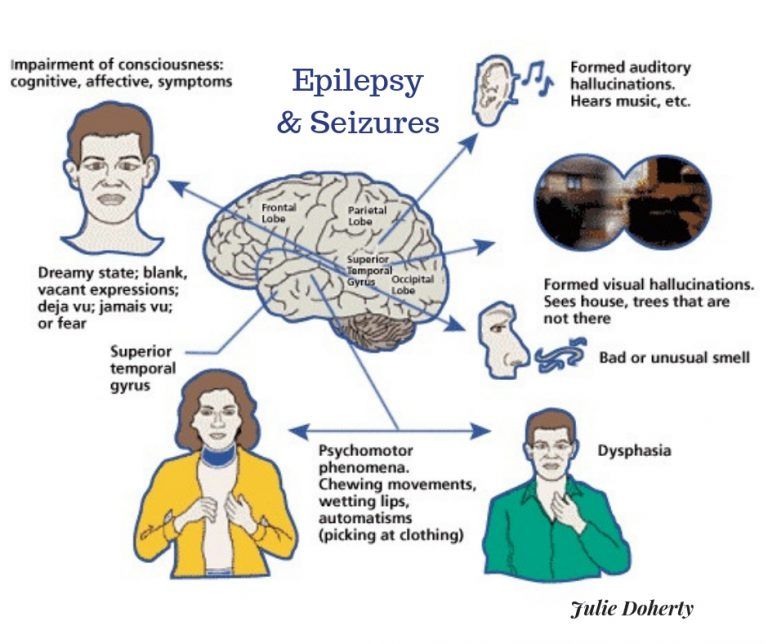 branch
branch
Work experience 15 years
Psychiatrist
Work experience 15 years
Voronina Elvira
Vladimirovna
First category
Experience 27 years
Psychiatrist
Work experience 27 years
Efimova Evgenia
Vladimirovna
Psychiatrist
Second category
Work experience 19 years
Psychiatrist
Work experience 19 years
Gorobets Elena
Vasilievna
Psychiatrist
First category
Work experience 16 years
Psychiatrist
Work experience 16 years
Travnikova Oksana
Mikhailovna
Psychiatrist
First category
Work experience 21 years
Psychiatrist
Work experience 21 years
Kurochkina Nadezhda
Pavlovna
Psychiatrist
First category
Work experience 19 years
Psychiatrist
Work experience 19years
Suslennikova Elena
Viktorovna
Psychiatrist, psychotherapist
First category
Work experience 25 years
Psychiatrist, psychotherapist
Work experience 25 years
Chuban Olga
Ivanovna
Psychiatrist, psychotherapist
First category
Work experience 13 years
Psychiatrist, psychotherapist, psychologist
Work experience 13 years
nine0012 Popov AndreyPetrovich
Psychiatrist
Top category
Experience 35 years
Psychiatrist
Experience 35 years
Stetsiv Ludmila
Gennadievna
Psychiatrist, psychotherapist
PhD
Experience 31 years
Psychiatrist, psychotherapist
Work experience 31 years
Prokhorchev Konstantin
Sergeevich
Psychiatrist, psychotherapist
First category
Work experience 12 years
Psychiatrist, psychotherapist
Work experience 12 years
Gulevsky Roman
Aleksandrovich
Head of Hospital
Work experience 25 years
Psychiatrist, narcologist
Work experience 25 years
Konoplin Dmitry
Alekseevich
Narcologist, psychiatrist
PhD
Work experience 24 years
Narcologist, psychiatrist
Work experience 24 years
Stavitskaya Svetlana
Yurievna
Psychiatrist
Top category
Work experience 24 years
Psychiatrist
Work experience 24 years
Pylskaya Anna
Nikolaevna
Psychiatrist
Second category
Work experience 7 years
Psychiatrist
Work experience 7 years
Trofimova Alexandra
Olegovna
Psychiatrist, child psychiatrist
First category
Experience 28 years
Psychiatrist, child psychiatrist
Experience 28 years
Zhelobetskaya Maria
Sergeevna
Psychiatrist, psychotherapist
Top category
Work experience 22 years
Psychiatrist, psychotherapist
Work experience 22 years
nine0012 Endrzheevskaya DianaVadimovna
Psychiatrist, psychotherapist
Second category
Work experience 14 years
Psychiatrist, child psychiatrist, psychotherapist
Work experience 14 years
nine0012 Ivanov AlexanderNikolaevich
Psychiatrist, narcologist
Top category
Work experience 20 years
Psychiatrist, narcologist
Experience 20 years
Semenov Andrey
Nikolaevich
Psychiatrist, narcologist
Leading specialist of clinic
Work experience 24 years
Psychiatrist, narcologist, transfusiologist
Work experience 24 years
Leave a request for a call:
+7 (812) 407-18-00
nine0000 Hallucinations - diagnosis, treatment, prevention in Moscow
What is Hallucination?
Hallucinations are defined as "the perception of an object or event that does not exist" and "sensory experiences that are not caused by stimulation of the appropriate sense organs", and can be defined as "sensory experiences that are not caused by stimulation of the appropriate sense organs", which is a sign of mental illness, but does not always mean that the person is unwell.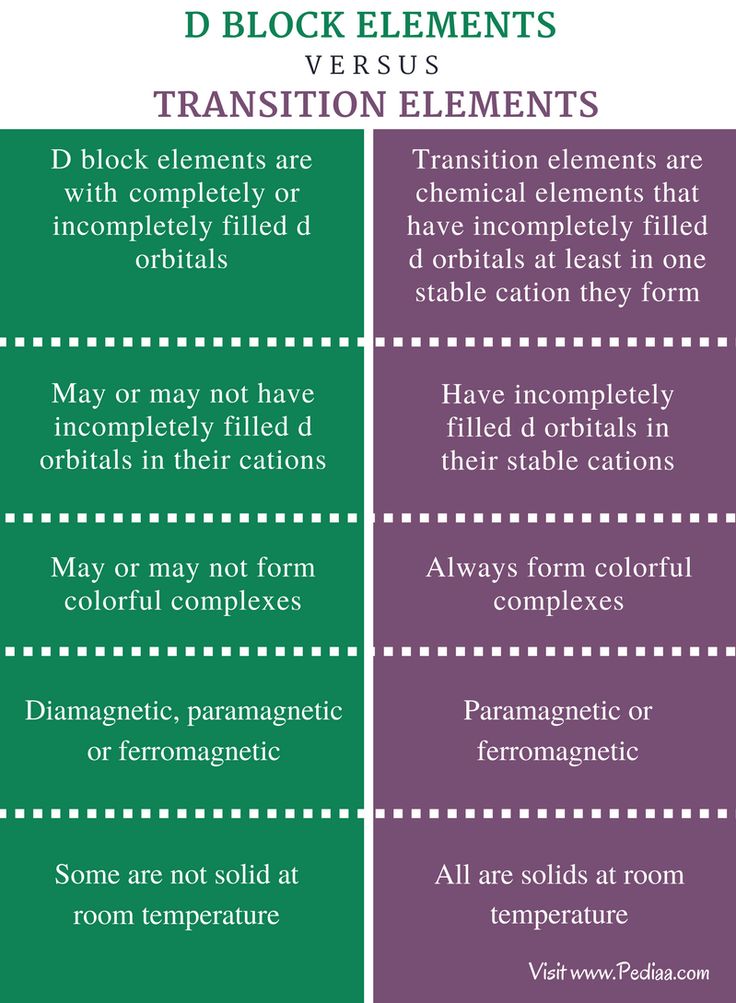 The word "hallucination" comes from Latin and means "mental wandering". nine0309 Hallucinations are sensory experiences that seem real but are created by your mind. They can affect all five senses. For example, you may hear a voice that no one else in the room can hear, or you may see an image that is not real.
The word "hallucination" comes from Latin and means "mental wandering". nine0309 Hallucinations are sensory experiences that seem real but are created by your mind. They can affect all five senses. For example, you may hear a voice that no one else in the room can hear, or you may see an image that is not real.
Psychiatric illnesses can cause these symptoms, drug side effects, or physical illnesses such as epilepsy or an alcohol use disorder.
Types of hallucinations:
There are five types of hallucinations, including:
Auditory: Hearing voices or sounds that no one else can hear (the most common type of hallucination)
Visual: seeing people, colors, shapes, or objects that not real (the second, more common type of hallucination)
Tactile: Feeling sensations (like insects crawling under the skin) or touching you when you are not there. nine0013
Olfactory: Smell of something that has no physical source (less common than visual and auditory hallucinations) A taste in the mouth that has no origin (the rarest type of hallucination)
Schizophrenia: More than 70% of people with this condition have visual hallucinations and 60% to 90% hear voices.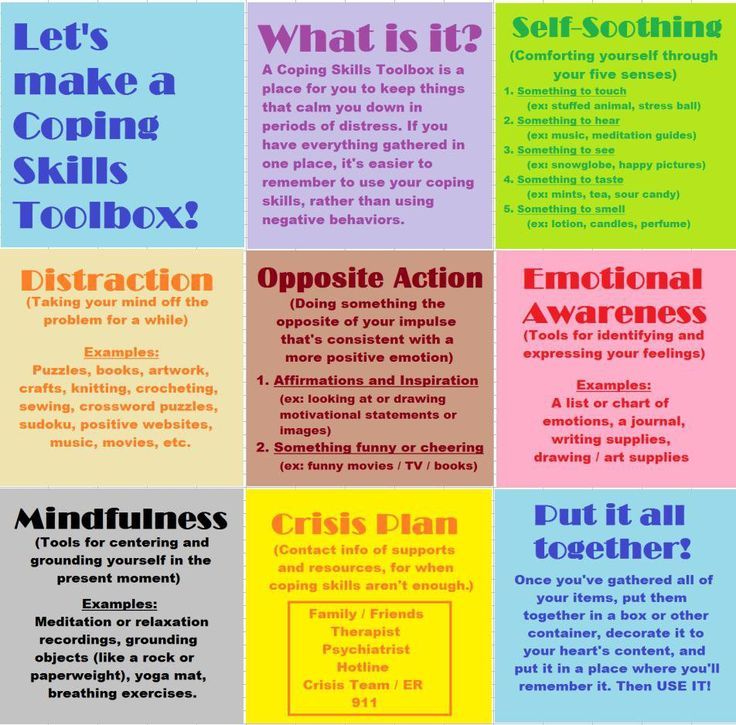 But some can also smell and taste things that aren't there. nine0309 Parkinson's disease: Up to half of people with this condition sometimes see things that aren't there.
But some can also smell and taste things that aren't there. nine0309 Parkinson's disease: Up to half of people with this condition sometimes see things that aren't there.
Alzheimer's disease: and other forms of dementia, especially dementia with Lewy bodies. They cause changes in the brain that can lead to hallucinations. As your disease progresses, this is more likely to happen. Migraine About a third of people with this type of headache also have an "aura", a type of visual hallucination. It may look like a crescent of colored light. nine0013
Brain tumor: Depending on where you are, it can cause different types of hallucinations. If you are in the field of vision, you may see things that are not real. You may also see spots or patterns of light. Tumors can cause the sensations of smell and taste in certain areas of the brain.
Charles Bonnet Syndrome: This condition causes people with vision problems such as macular degeneration, glaucoma or cataracts to see things.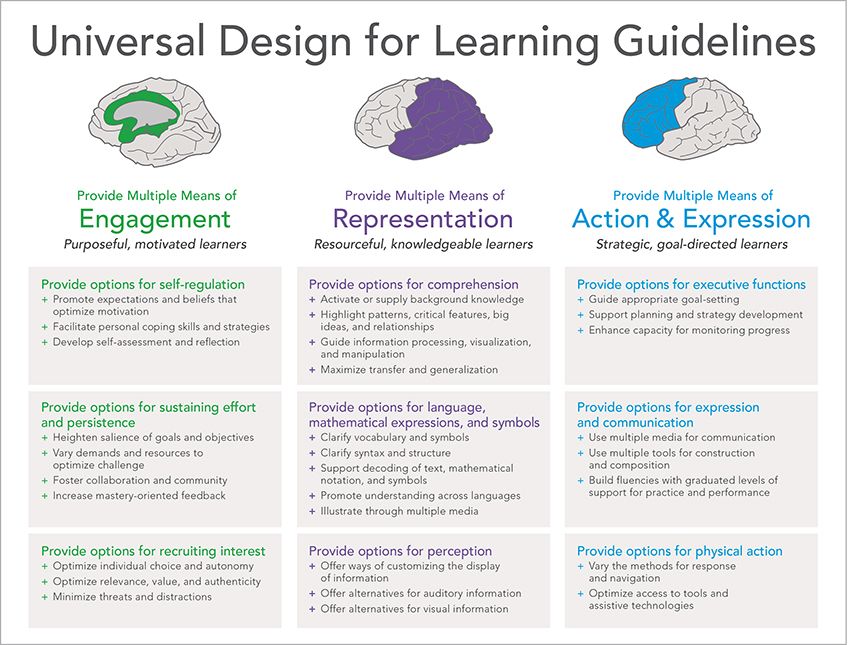 At first you may not realize that this is a hallucination, but eventually you will realize that what you are seeing is not real. nine0309 Epilepsy: The seizures that accompany this disorder can make you more likely to have hallucinations. The type you get depends on your brain being affected by the seizure.
At first you may not realize that this is a hallucination, but eventually you will realize that what you are seeing is not real. nine0309 Epilepsy: The seizures that accompany this disorder can make you more likely to have hallucinations. The type you get depends on your brain being affected by the seizure.
Sensory disorders: People with vision or hearing loss may have hallucinations. This may be due to changes in the brain in sensory processing areas or in the visual or auditory information the brain receives.
Dementia and other brain disorders: Dementia progressively damages the brain, including areas associated with sensory processing. People with intermediate or advanced dementia may experience auditory and visual hallucinations. Sometimes they see dead people. Other times, their hallucinations can be frightening and cause feelings of paranoia and panic that make it difficult for them to trust their caregivers. nine0013
Drugs: Drugs called hallucinogens can cause hallucinations.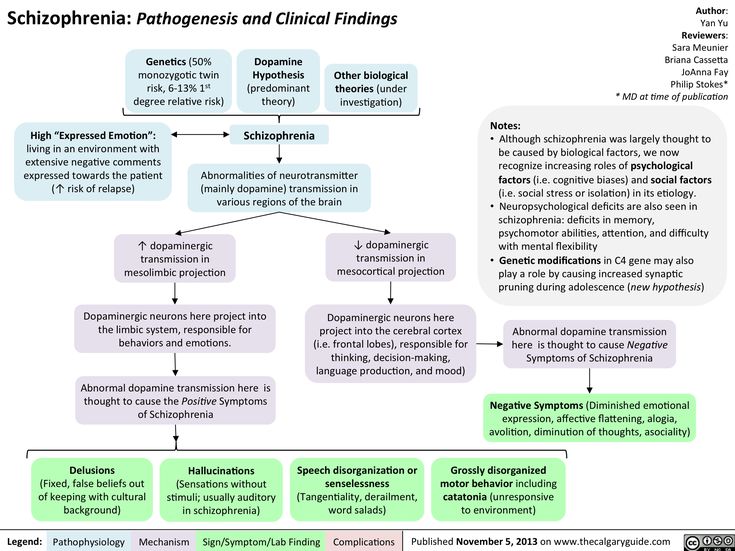 These drugs temporarily change the way the brain processes and transmits information, causing unusual thoughts and experiences. LSD, sage, dimethyltryptamine (DMT), and some mushrooms are common hallucinogens.
These drugs temporarily change the way the brain processes and transmits information, causing unusual thoughts and experiences. LSD, sage, dimethyltryptamine (DMT), and some mushrooms are common hallucinogens.
Diagnosis:
After asking about your symptoms, medical history, and lifestyle habits, your doctor will likely do a physical exam and order some tests to rule out medical or neurological causes of your hallucinations. Diagnostic tests may include:
Blood tests to look for metabolic or toxic causes.
Electroencephalogram (EEG) to check for abnormal electrical activity in your brain and to check for seizures.
Magnetic resonance imaging (MRI) to look for structural problems in the brain, such as a brain tumor or stroke.
Treatment:
Your doctor will recommend the best form of treatment once they know what is causing your hallucinations.
Medicines:
The treatment for your hallucinations will depend entirely on their underlying cause. For example, if you are hallucinating due to severe alcohol withdrawal, your doctor may prescribe medications to help calm your nervous system. However, if the hallucinations are caused by Parkinson's disease in a person with dementia, this same type of medication may not be helpful and other medications may be used.
For example, if you are hallucinating due to severe alcohol withdrawal, your doctor may prescribe medications to help calm your nervous system. However, if the hallucinations are caused by Parkinson's disease in a person with dementia, this same type of medication may not be helpful and other medications may be used.
Accurate diagnosis is very important for the effective treatment of this disease.
Counseling:
Counseling can also be part of your treatment plan. This is true if a mental health disorder is the underlying cause of the hallucinations.
Talking to a therapist can help you better understand what is happening to you. A doctor can also help you develop coping strategies, especially when you feel fear or paranoia.
When should I see a doctor?
It is wise to seek medical attention after any hallucination, even if there are no other symptoms. It is especially important to seek medical attention if someone with a condition that can cause hallucinations experiences worsening hallucinations or other changes in mood or behavior.


